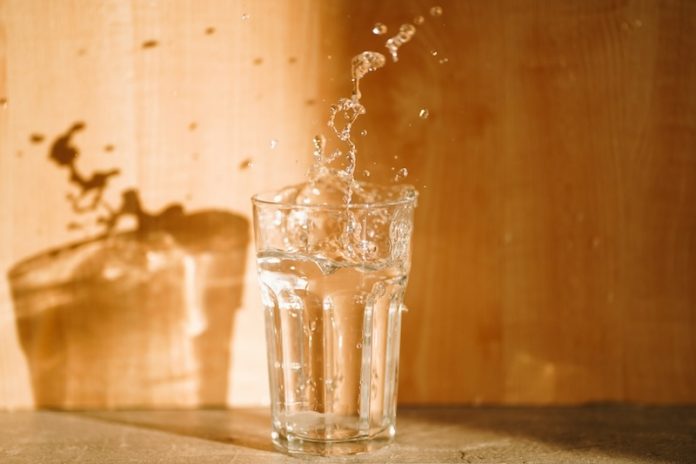
High blood pressure, or hypertension, is a major health problem worldwide. It’s the leading preventable cause of early death and affects nearly half of adults in the United States.
While medications and lifestyle changes are commonly used to manage blood pressure, a recent study from Emory University suggests that something as simple as adding minerals like calcium and magnesium to drinking water might also help.
An Unexpected Finding in Bangladesh
The research, led by Abu Mohammed Naser, focused on coastal areas in Bangladesh where people use different types of drinking water—pond water and groundwater. Surprisingly, the study found that people who drank salinated (slightly salty) water had lower blood pressure compared to those who drank freshwater.
This was unexpected because high sodium, which is found in salty water, is usually known to raise blood pressure. The researchers wanted to understand why this wasn’t the case here.
The Role of Calcium and Magnesium
When the team tested the participants’ urine samples, they found higher levels of calcium and magnesium in those drinking the salinated water. These minerals are known to support heart health and regulate blood pressure. The study suggested that these two minerals were likely responsible for the lower blood pressure, not the sodium in the water.
Previous research has already shown that calcium and magnesium are important for maintaining healthy blood pressure. They help the blood vessels relax and improve the body’s ability to regulate fluids. This new study adds to that understanding by showing how these minerals in drinking water could be a natural way to improve blood pressure control.
A Simple Idea: Mineral-Enriched Water
The findings point to a potential solution—enhancing drinking water with calcium and magnesium. This could be an easy and cost-effective way to help people manage their blood pressure, especially in areas where healthcare is limited or expensive.
Adding these minerals to water could benefit millions, particularly in regions where high blood pressure is common and often untreated.
However, more research is needed to confirm these findings and to figure out the best way to add these minerals to water while ensuring safety and effectiveness.
Why This Matters
This study highlights how simple interventions can address major health issues. High blood pressure increases the risk of heart disease, stroke, and kidney problems, but not everyone has access to the medications and care needed to manage it.
By focusing on preventive measures like mineral-enriched water, communities can improve public health in a practical and affordable way.
For individuals, this research serves as a reminder of the importance of maintaining a healthy diet rich in calcium and magnesium. Foods like leafy greens, nuts, seeds, and dairy products are great sources of these minerals and can support overall heart health.
Looking Ahead
The study, published in the Journal of the American Heart Association, offers hope for managing high blood pressure more effectively and simply. While there’s still work to be done to turn this idea into a widespread solution, the potential impact is enormous.
By focusing on accessible, low-cost strategies like improving drinking water, researchers are paving the way for better health outcomes worldwide. This discovery could help make the journey to a healthier life easier for millions, one sip of water at a time.
If you care about high blood pressure, please read studies about potatoes and high blood pressure, and top 10 choices for a blood pressure-friendly diet
For more information about high blood pressure, please see recent studies about impact of vitamins on high blood pressure you need to know, and the powerful link between high blood pressure and a potassium-rich diet.
Copyright © 2025 Knowridge Science Report. All rights reserved.



